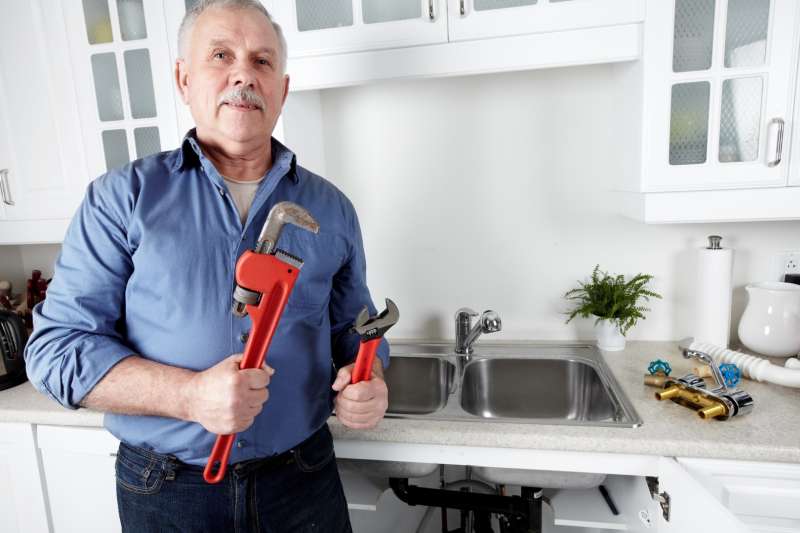 Coventry Plumbers
Coventry Plumbers
 Coventry Plumbers
Coventry Plumbers
Water Efficiency Consulting provides a professional plumbing service offering tailored assessments and recommendations to reduce water usage and improve system performance. Consultants analyze consumption patterns, inspect fixtures and systems, and provide practical strategies such as low-flow upgrades and leak detection strategies. This service supports sustainability goals and ensures regulatory compliance
We provide top-quality Plumbing services throughout Kent County. Whether you need help with Water Efficiency Consulting or other issues, our Professionals is ready.

Setting up dishwashing machines, hot water heater (tank and tankless), garbage disposals, and washing devices.

Guaranteeing backflow avoidance devices are working properly.

Transferring or updating plumbing systems.

Making sure plumbing systems meet regional regulations.

Immediate response to prevent flooding and water damage.

Clearing clogs in sinks, toilets, showers, and sewer lines.

Regular cleaning to prevent clogs and keep circulation.

Repairing malfunctioning faucets, toilets, and other fixtures.

Installation of sinks, faucets, toilets, bathtubs, and showers.

Emergency detection and repair work to prevent hazards.

Fixing gas leaks and making sure correct gas line working.

Setting up systems for reusing household wastewater.

Setting up and preserving radiant flooring heater.

Specialized piping for factories or commercial settings.

Setting up and maintaining outdoor watering.

Plumbing systems for brand-new structures or renovations.

Fixing leakages in pipelines, faucets, toilets, and home appliances.

Quick resolution of extreme obstructions and overflows.

Using cams to inspect pipes for damage or blockages.

Fixing or changing burst, corroded, or damaged pipelines.

Setting up new piping systems for water, gas, and drainage.

Assessing plumbing systems before buying residential or commercial property.

Installing systems to gather and make use of rainwater.

Ongoing upkeep services for companies.

Setting up, repairing, and preserving sewage-disposal tanks.

Handling groundwater in basements.

Installing water-efficient or modern components.

Encouraging on water-saving methods and items.

Installing water softeners and filtering systems.

Flushing and inspecting water heaters to prolong life-span.

Addressing issues with temperature, leakages, or failure to heat water.

Protecting basements or other locations from water invasion.

Immediate attention to prevent contamination and health risks.